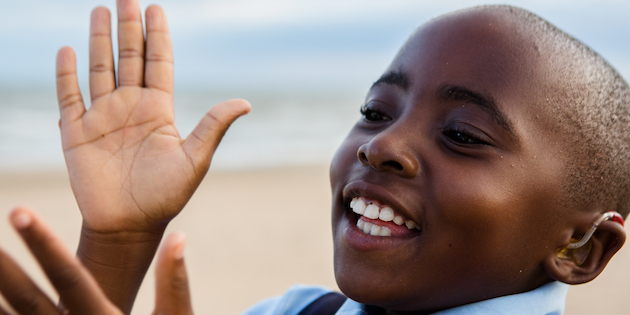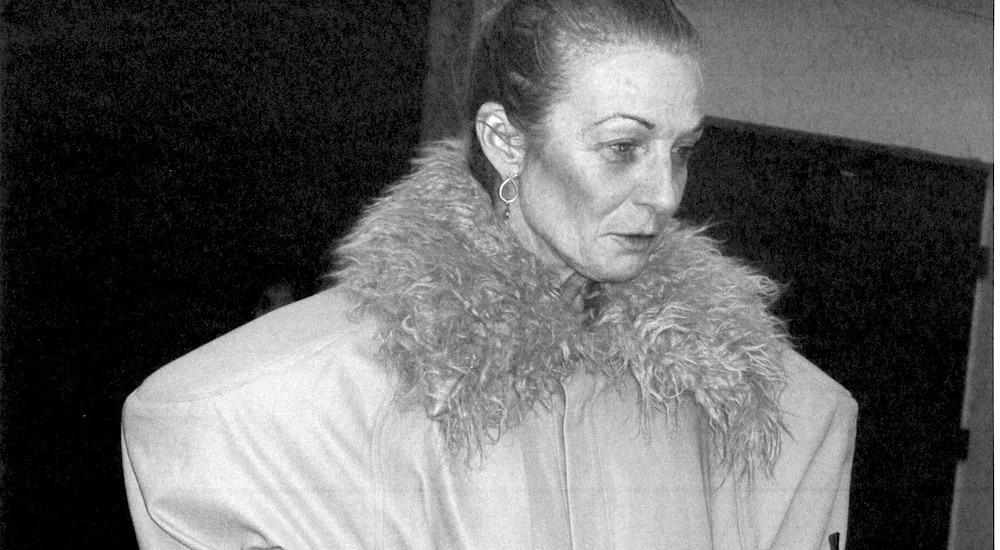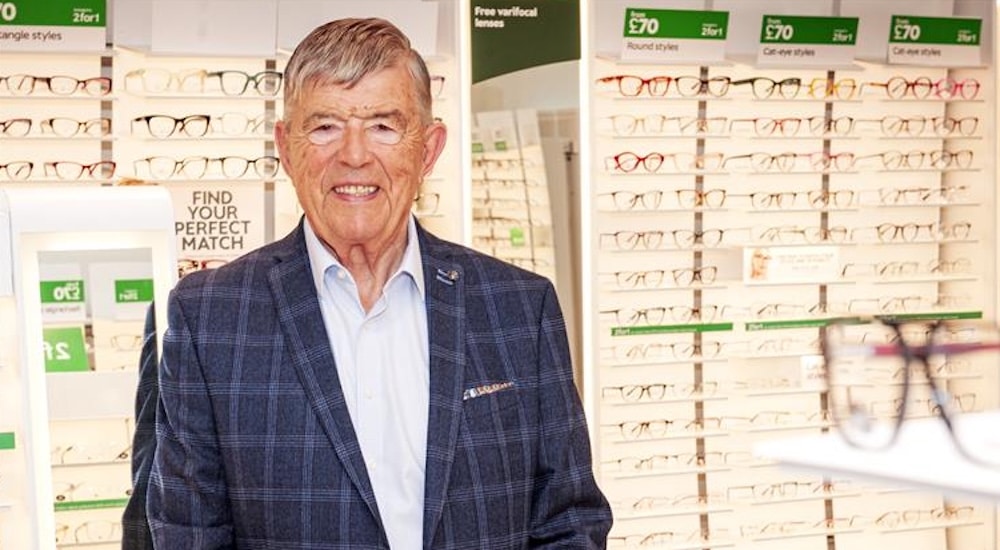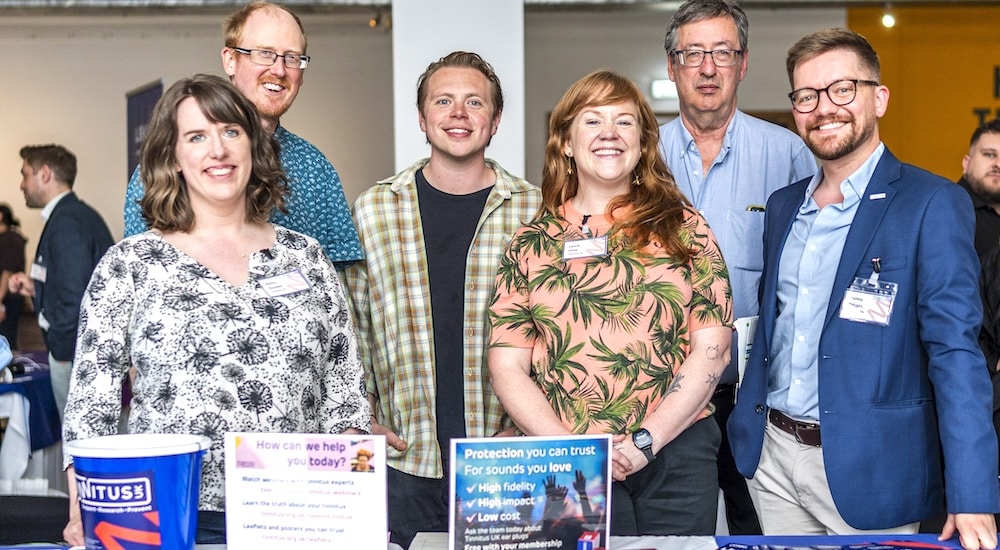“Everyone should have the chance to hear well”
social investment
Hear the World, founded by the Sonova Group, has for many years supported projects to help children with hearing loss around the world. The new director of the foundation, Dr. Joëlle Pianzola, gives us a glimpse behind the scenes and her visions for the future.

Audio Infos : Under what circumstances did the Sonova group create the foundation in 2006?
Joëlle Pianzola : Sonova founded Hear the World in 2006, with social responsibility at the heart of the group’s concerns. The Hear the World Foundation advocates for equal opportunities and improved quality of life for people in need with hearing loss all around the world. As a hearing solutions provider, Sonova sees itself as having a social responsibility to support those in need, especially children with hearing loss, and to engage in prevention.
AI : How is the foundation organised locally in different countries?
JP : Hear the World is a Swiss non-profit foundation. The foundation team, based in Switzerland, manages global projects and implements communication activities to promote projects and partners. We not only help financially, but also support our local project partners with knowledge and expertise in project implementation. For this, we rely on an extensive international network of volunteers, employees of the Sonova group, which has branches in various countries. The volunteers are mainly active in the countries where they also work, such as currently in India, Vietnam or Mexico.
AI : The foundation’s mission statement refers to the “hearing health value chain”. Can you explain this structure in more detail?
JP : Fundamentally, the “hearing health value chain” is about implementing a holistic approach to high quality and sustainable hearing care. It includes activities related to the prevention and identification of hearing loss, diagnosis and treatment, and long-term follow-up care. At the same time, this also includes the training and further education of specialists on site, as well as the installation of the necessary infrastructure, with the appropriate diagnostic equipment.
AI : What are the most common challenges you meet to provide audiological care? Are there particularities specific to each country, perhaps even determined by culture?
JP : Interestingly, it is often difficult to maintain contact with patients after fitting hearing aids. Children and families often come from very far away to receive medical care, in special centres or hospitals. Regular monitoring is therefore a major challenge. Innovative and digital approaches are used to try to overcome these obstacles. Some project partners stay in touch with their patients via courier services, others travel to the most remote locations with mobile care stations or use web tools for training. It is just as hard to see the lack of well-trained audiology specialists in most low- and middle-income countries. Our foundation works continuously to make a contribution with training offers and continuing education.
AI : How is the initiative perceived at the local level? Does enthusiasm triumph over skepticism in new projects?
JP : Above all, we encounter enthusiasm. Such cooperation often results in renewed motivation among our local partners. They are usually already doing pioneering work in their area, but reach their limits at some point when they are on their own. This is where we step in to support our partners, with the contribution of the foundation and the volunteers of the Sonova group. A detailed project plan for the coming years also creates structure, shows lasting commitment, and thus promotes mutual trust. The planning is particularly tailored to the needs of each local project partner.
AI : How many children has the Hear the World Foundation been able to help so far? In which countries are needs greatest?
JP : Our foundation celebrated its 15th anniversary in December 2021. Thanks to the commitment of all our supporters, we have so far been able to implement a total of 65 projects worldwide, carry out more than 128,000 hearing screenings in children and fit more than 14,500 hearing aids. We are very proud of what we have accomplished. But there is still a lot of work to do. According to the WHO, 34 million children worldwide live with hearing loss, 80% of them in low- and middle-income countries. There is a huge need for support there, and we are doing everything we can to help.
AI : Is there a specific aid campaign that you found particularly inspiring, surprising, or comforting?
JP : I am touched by all the personal stories I encounter through the work of our foundation. It is impressive to see how children who are socially integrated today, thanks to our support, can lead carefree lives and look to the future with confidence. I consider myself lucky to be able to make a decisive contribution with my team. A great example is the story of Praise, a child from Malawi, born in 2009. After Praise struggled to learn to speak, due to her hearing loss, in the early years of her life, she took her parents to the ABC Hearing Clinic in the capital, Lilongwe. There, in 2015, she was fitted with hearing aids donated by the Hear the World Foundation. Thanks to her hearing aids, Praise learned to speak and now attends a regular school. Her expressive personality, her presence, and her zest for life, which all come across in the photos of her, impressed me deeply.
AI : What impact has the Covid-19 pandemic had on your actions?
JP : The pandemic has had a serious impact on our projects. Many kindergartens and schools have had to close, even though these are precisely the places where hearing screenings are usually carried out. Families could no longer go to treatment centres and health professionals were absent for a long time, due to illness. Despite these difficulties, our partners are doing everything they can to keep the projects running. Our project partner in Peru, for example, has developed survey-based hearing screenings. Parents are encouraged to closely monitor and record their children’s behaviour to identify potential hearing loss. This remote approach has been so successful that it will now be offered in a standardised way.
AI : In the midst of a pandemic, you yourself took over the direction of the foundation, in January 2021. What were your motivations for supporting Hear the World? What is your professional background?
JP : My greatest motivation was the meaning given by our actions. The opportunities offered by new technologies and social progress have always accompanied me in my professional journey and are also at the forefront of the Hear the World Foundation. I did a PhD in political science, worked in public and private sector consultancy, and before joining Hear the World, I was the managing director of a research group.
AI : What is your vision for the future of the foundation? Have you set yourself certain goals with your new team?
JP : We have set ourselves the goal of having the greatest possible social impact through the means at our disposal. Our ultimate goal is to provide hearing care to as many children with hearing loss as possible, along with the necessary technology. In order to succeed, we invest in the training of professionals locally and supporting families to accompany their children on this long journey. We want to make an even more lasting contribution in the future. That’s why we’re increasingly looking for partnerships with organizations and foundations that help us anchor hearing health and hearing care in the national long-term health care system.
AI : What options do individuals and hearing industry experts have if they want to support the foundation or get personally involved?
JP : Donations are the foundation of our work. Each contribution directly and fully benefits our projects for children with hearing loss, as 100% of the administrative costs of the foundation are covered by Sonova. If you want to help, you can donate online at hear-the-world.com. Hearing industry experts can also support us with their network. Every year we look for new project partners or partner organisations to work with us. The call for proposals starts in September, for cooperation from April of the following year. The announcement was made via our website and social media. In addition, we are always grateful for the support we receive to raise awareness of the foundation inside and outside our industry. That’s why we look forward to new followers on LinkedIn, for example, who help us to stimulate exchanges, increase the reach of our information, and thus make the impact of the work of our foundation even better heard.
Source: AWN AAA Conference 2022 special magazine Spring 2022






